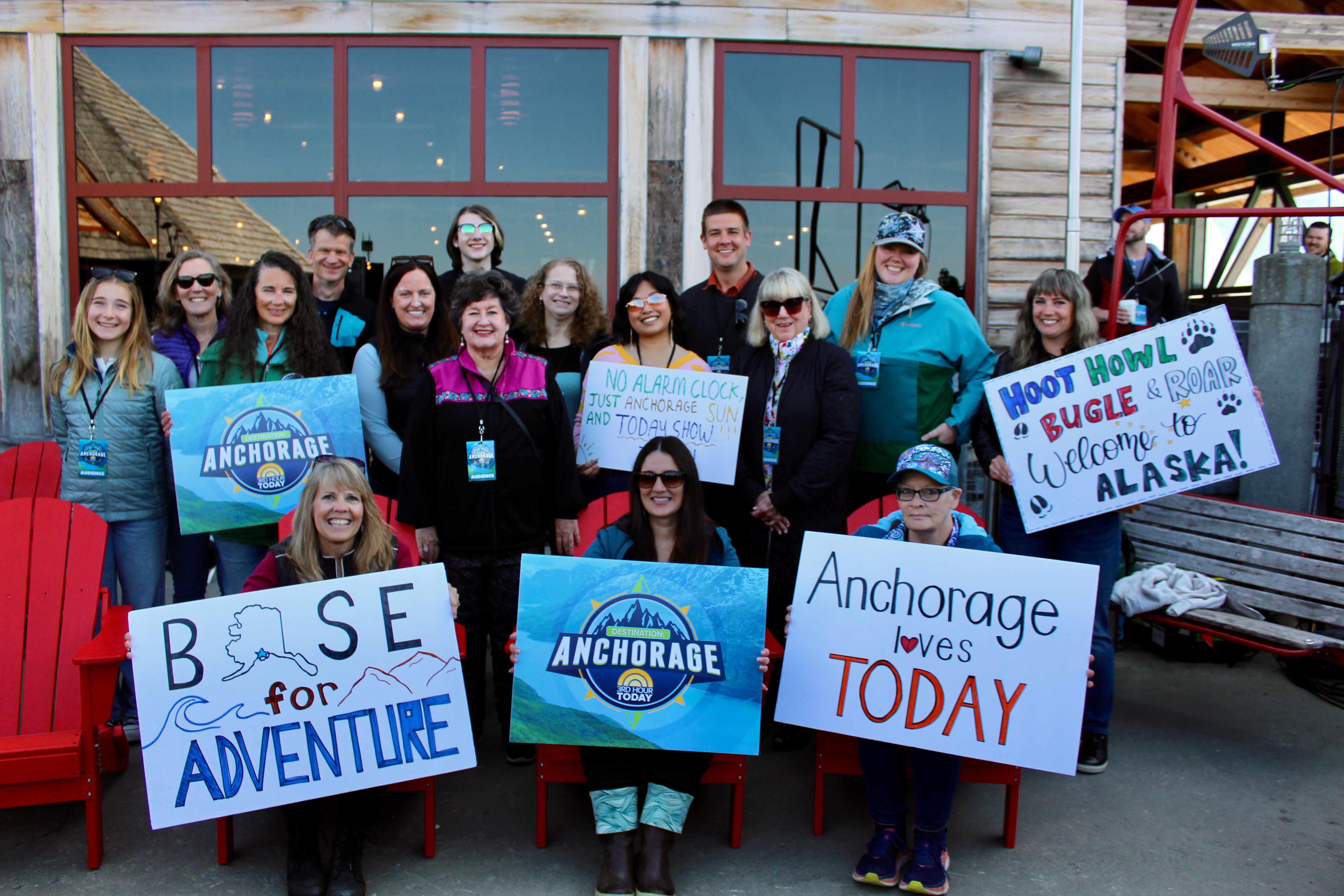Writing style tips for Alaska Native communications

If you’re familiar with the Associated Press Stylebook, then you know how vital this resource is to journalists and other writers in the communications field. Here at Thompson & Co Public Relations, we use this guide daily along with the Alaska Native Studies Council Writing Style Guide. Just like the AP Style Book, it helps resolve questions of usage, punctuation, and standard publishing style. It also tells you everything you need to know about writing for Alaska Native communities.
The ANSC Writing Style Guide is an online document that is updated as needed. Be sure to bookmark the website so you don’t get left out in the cold the next time you have a style question. Here are some of the most common terms and phrases to get familiar with!
Alaska Native
Not native Alaskan. Always capitalize Native when referring to people, environment, or knowledge system. Native Alaskan may be used to refer to someone who was born in the state and may be of any racial background.
Alaskan of Indian, Eskimo or Aleut descent
No longer used.
Alaskan
Always a noun, never an adjective.
Bush
Capitalize when referring to rural Alaska.
Central Yup’ik (you-pick)
An Alaska Native group from the western central coast of Alaska around Norton Sound and Bristol Bay.
Eskimo
An outdated colonial term no longer used to generalize cultural groups.
Indigenous, indigenous
Always capitalize Indigenous when referring to people, environment, or knowledge system; lowercase when referring to plants. Correct: Devil’s club is indigenous to Alaska. Correct: Devil’s club played a role in Indigenous Alaska cultures.
Iñupiaq (in-you-PACK, ih-NOO-pee-ak)
An Alaska Native group; sometimes refers to the language, or to one person; used as an adjective such as Iñupiaq values. Note the usage of the n-tilde except for those villages who self-identify as Inupiaq without the n-tilde. Language spoken is Iñupiatun.
Native American
Always capitalize when referring to people, language, environment, or knowledge system.
Native regional corporations
Refers to the 13 regional corporations formed under the Alaska Native Claims Settlement Act (do not capitalize regional or corporations).
regions of Alaska
Aleutians, Arctic Coast, Arctic Slope, Gulf Coast, Interior, the Kenai, Mat-Su, North Slope, Railbelt, Panhandle, Southeast, Southcentral, Western, West Coast, Canadian Border
subsistence
An economic lifestyle characterized by living off the land. People who live a subsistence existence harvest wildlife and gather berries and vegetables.
traditional
Do not pair the terms traditional and contemporary. Find more precise pairings like historical and contemporary or use new terms that are not clichés. Minimize the use of tradition and traditional due to vagueness and overuse.
Yupiaq (you-pee-ak) or Yup’ik (you-pik)
An Alaska Native group in Southwest Alaska also known as Central Yup’ik. Language spoken is Yugtun.
T&C’s The Open Doors Initiative team provides a service to our clients to ensure their messaging and representation is inclusive of complete populations and demonstrates an understanding of BIPOC and LGBTQ+ issues. With the help of the ANSC Writing Style Guide, the team is able to tell the stories of Alaska’s First People while being respectful of all Alaska Native communities.
Have an Indigenous writing style question? Send us a tweet at @ThompsonPR!
—Mary Simton, Thompson & Co. PR







